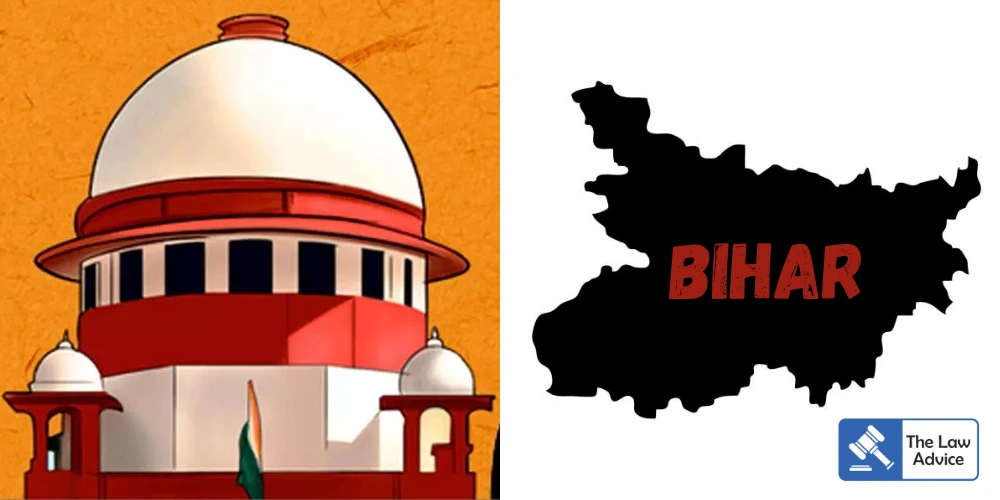New Delhi | August 6, 2025
The Supreme Court of India has asked the Election Commission of India (ECI) to explain the removal of nearly 65 lakh names from the draft electoral rolls in Bihar without specifying reasons for each deletion. The directive came while hearing an application filed by the election transparency watchdog Association for Democratic Reforms (ADR), which alleged that the mass deletions lacked procedural transparency and legal compliance.
A Bench led by Justice Surya Kant, alongside Justice Ujjal Bhuyan and Justice N. Kotiswar Singh, has given the ECI until August 9 to file a detailed affidavit explaining its process, reasoning, and whether political parties were granted access to the booth-level deletion data as per protocol.
ADR has taken serious exception to the absence of stated reasons for voter deletions in the August 1, 2025 draft roll released under Bihar’s Special Summary Revision drive. While the ECI disclosed that about 65 lakh electors had been removed, the individual reasons—such as death, duplication, migration, or absence—were missing from the published roll.
This, ADR argued, violates both the Representation of the People Act and the ECI’s own Standard Operating Procedures, which mandate transparency in all electoral roll changes. Advocate Prashant Bhushan, appearing for ADR, also highlighted that no deletion notices were issued to affected voters, thereby depriving them of their right to object or appeal.
“You cannot simply delete names en masse without informing voters or citing reasons,” Bhushan submitted, adding that the process risks disenfranchising thousands without due process.
Taking note of the allegations, the Court directed the ECI to disclose:
• Whether political parties at the block level were given access to the draft roll as mandated;
• Whether reasons for each deletion were documented and available;
• Whether the Booth Level Officers (BLOs) provided their input or recommendations before removing names.
The Court asked the ECI to submit a detailed affidavit by Saturday, August 9, so that ADR can respond before the next scheduled hearing on August 12, 2025.
Justice Surya Kant observed during the hearing:
“If voter names are removed without disclosure or verification, it raises constitutional concerns. The process must inspire confidence.”
The case is gaining national attention due to the sheer scale of deletions and the potential impact on democratic participation in a key state like Bihar ahead of upcoming elections.
The matter tests not just administrative transparency, but also voter rights under Article 326 of the Constitution, which guarantees universal adult suffrage. If deletions are proven to have occurred without cause or notice, it could invite stricter judicial oversight over voter list management in future elections.
This case could also become a turning point in how electoral rolls are cleaned, particularly regarding whether mass digital filtering tools are being used without adequate field verification.
Case Title: Association for Democratic Reforms v. Election Commission of India & Ors.
